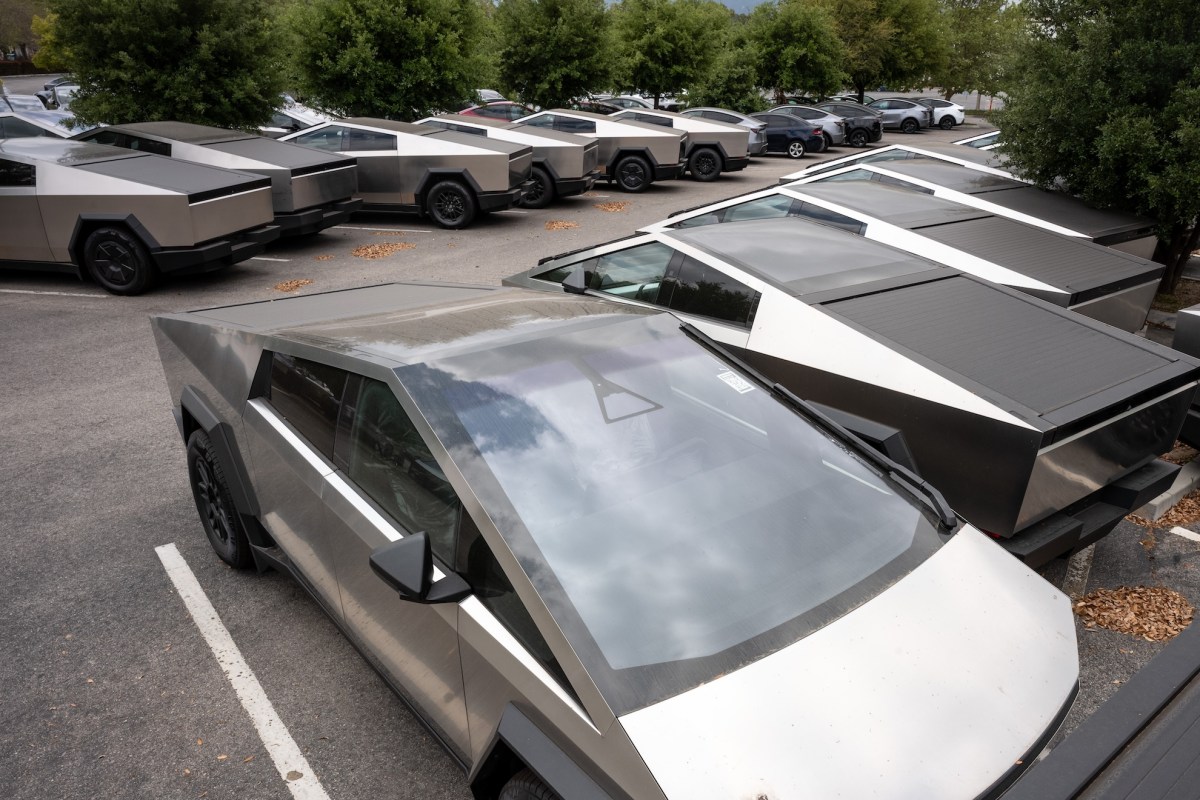
Tesla has reported a 17% increase in its services business for the latest fiscal quarter, signaling notable progress in areas such as vehicle servicing, parts sales, and other post-sale offerings. However, this uptick was not enough to counterbalance declining performance in several of the company’s key divisions.
The electric vehicle (EV) manufacturer saw a drop in automotive sales, which remain the company’s core revenue generator. The slowdown reflects a maturing EV market, increased competition, and potential demand-side pressures. Tesla’s revenue from the sale of regulatory credits also diminished, offering less of a buffer to total earnings compared to prior quarters when such credits played a significant role in bolstering profitability.
In addition to challenges in the automotive sector, Tesla’s solar and energy storage business also experienced a decline. This area, once envisioned as a major pillar of Tesla’s clean energy mission, has struggled with fluctuating demand and production hurdles. The downturn in solar panel and battery storage sales further contributed to the overall weak financial performance.
Despite the positive momentum in its services segment — which includes maintenance, spare parts, and other customer support initiatives — analysts suggest that Tesla will need broader stabilization across its product lines to regain its growth trajectory.
Looking forward, the company may face continued pressure to develop innovative vehicle offerings — such as the recently launched Cybertruck — and to expand infrastructure for both vehicle servicing and energy deployment, hoping to revive momentum across all sectors of its operations.
Source: https:// – Courtesy of the original publisher.








